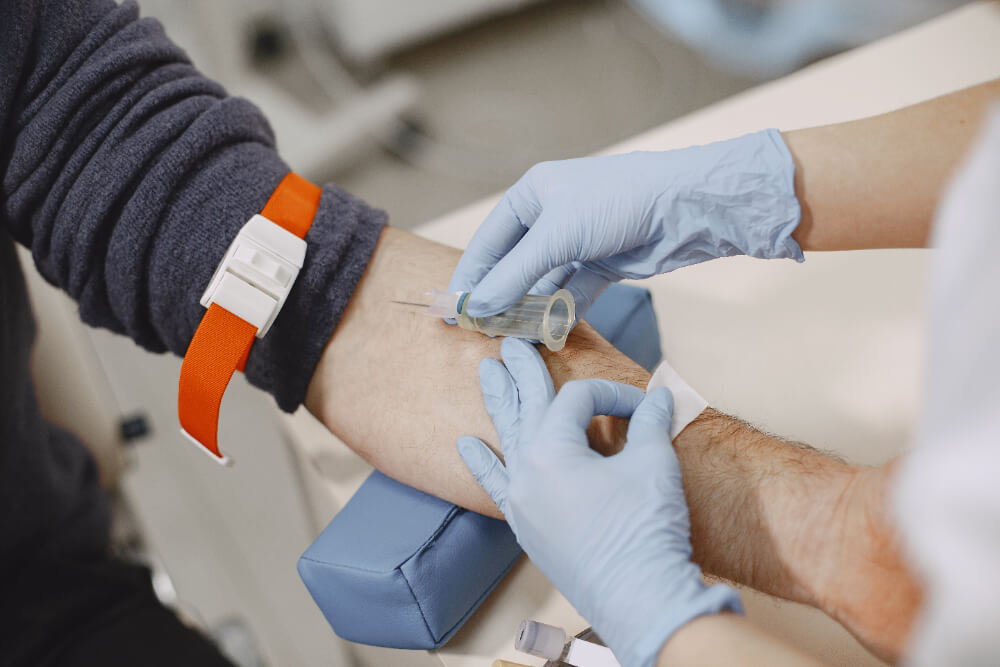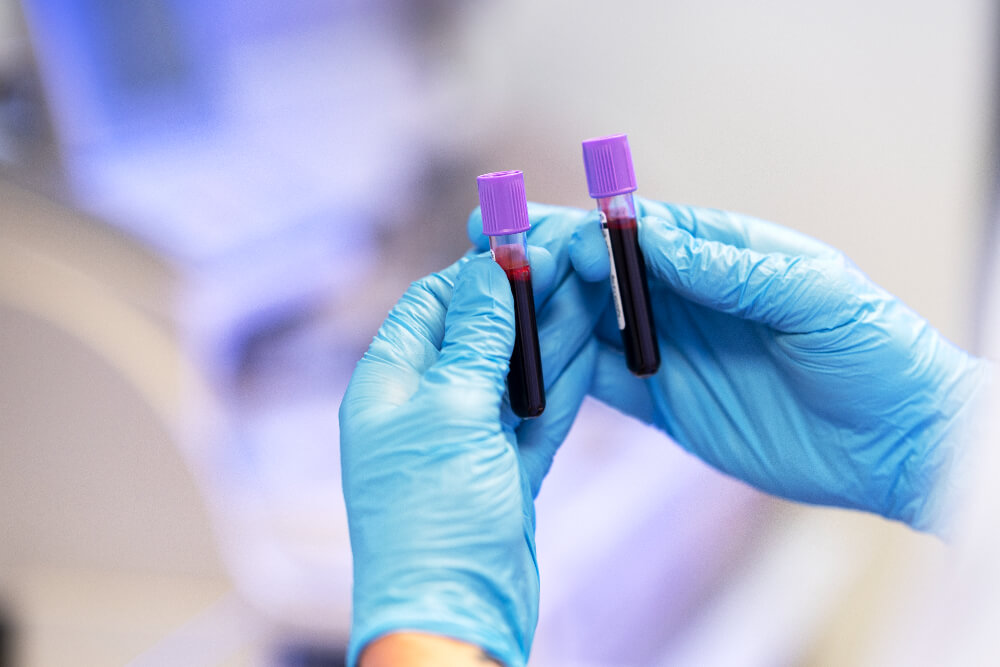The Importance of Laboratory Services for Blood Tests in Healthcare
Blood tests are an essential component of modern healthcare. They provide valuable insights into a patient’s overall health, aiding in the diagnosis, monitoring, and management of various medical conditions. Laboratory services play a crucial role in ensuring the accuracy and reliability of these tests, ultimately impacting patient care significantly.

The Role of Laboratory Services in Healthcare
Diagnosis of Diseases:
Blood tests are instrumental in diagnosing a wide range of diseases, including infections, anemia, diabetes, thyroid disorders, and many others.
- Infectious Diseases: Blood tests can detect the presence of viruses, bacteria, and parasites, aiding in the diagnosis of infections like HIV, hepatitis, and Lyme disease.
- Metabolic Disorders: Blood tests can identify abnormalities in hormone levels, such as thyroid function tests, and assess kidney and liver function.
- Cancer: Blood tests can help detect certain types of cancer, such as leukemia and lymphoma.
Monitoring Treatment:
Blood tests are essential for monitoring the effectiveness of treatment for various conditions, such as:
- Chronic Diseases: Monitoring blood sugar levels in diabetes, kidney function in chronic kidney disease, and cholesterol levels in cardiovascular disease.
- Medication Therapy: Assessing drug levels in the blood to ensure optimal therapeutic effects and minimize side effects.
Assessing Overall Health:
Routine blood tests can help identify potential health problems early on, such as anemia, vitamin deficiencies, and elevated cholesterol levels.
Types of Blood Tests Offered by Laboratories
Modern laboratories offer a wide range of blood tests, categorized based on their purposes and the conditions they diagnose.
Routine Blood Tests
Complete Blood Count (CBC)
- The CBC is one of the most common blood tests, measuring components like red blood cells, white blood cells, hemoglobin, and platelets. It helps detect anemia, infections, and various blood disorders.
Blood Glucose Test
- This test measures the sugar levels in your blood and is crucial for diagnosing and monitoring diabetes.
Lipid Profile
- The lipid profile assesses cholesterol levels, including HDL, LDL, and triglycerides, providing insights into cardiovascular health.
Specialized Blood Tests
Thyroid Function Tests (TFTs)
- TFTs evaluate the performance of the thyroid gland by measuring hormones like T3, T4, and TSH, essential for diagnosing thyroid disorders.
Liver Function Tests (LFTs)
- These tests analyze enzymes, proteins, and substances produced by the liver, helping detect liver diseases like hepatitis and cirrhosis.
Kidney Function Tests (KFTs)
- KFTs assess markers like creatinine and blood urea nitrogen (BUN), indicating kidney health and function.
Coagulation Tests
- Coagulation tests measure blood clotting ability, critical for patients on anticoagulants or those with bleeding disorders.
Advanced Diagnostic Blood Tests
Cancer Markers
- Blood tests like PSA for prostate cancer or CA-125 for ovarian cancer assist in early detection and monitoring of cancers.
Genetic Testing
- These tests analyze DNA to identify inherited conditions or predispositions to diseases.
Autoimmune Disease Panels
- Autoimmune panels help diagnose conditions like lupus and rheumatoid arthritis by detecting autoantibodies.
Importance of Quality Laboratory Services

- Accurate and Reliable Results: Accurate and reliable test results are crucial for accurate diagnosis and appropriate treatment decisions.
- Quality Control Measures: Laboratories must adhere to strict quality control measures to ensure the accuracy and reliability of test results. This includes regular equipment calibration, staff training, and participation in proficiency testing programs.
- Rapid Turnaround Time: Timely results are essential for prompt diagnosis and treatment, especially in emergency situations.
Advancements in Laboratory Technology
- Automation: Automation has significantly improved the efficiency and accuracy of laboratory testing, allowing for faster turnaround times and reduced errors.
- Point-of-Care Testing: Point-of-care testing devices allow for rapid testing at the patient’s bedside, providing quicker results and improving patient care.
- Molecular Diagnostics: Techniques such as polymerase chain reaction (PCR) are used to detect and identify genetic material from viruses, bacteria, and other microorganisms.
Choosing the Right Laboratory for Blood Tests
When selecting a laboratory, consider the following factors:
- Accreditation and Certification Ensure the lab has valid certifications and follows strict quality control measures.
- Range of Tests Offered Choose a lab that provides comprehensive testing options to meet your health needs.
- Turnaround Time Timely reporting is crucial, especially for critical diagnostic tests.
- Cost and Insurance Coverage Compare prices and check if the lab accepts your health insurance for coverage.
- Accessibility Opt for laboratories with convenient locations or home collection services.
Conclusion
Laboratory services for blood tests are indispensable for maintaining and improving health. By offering a wide range of tests, leveraging advanced technology, and ensuring patient-centric services, modern laboratories empower individuals to take proactive steps in managing their health. Choosing the right laboratory and following proper preparation guidelines ensures accurate and meaningful results, forming the basis for effective healthcare decisions.
Schedule an appointment with our laboratory services for quick and accurate blood tests reports (972) 937 – 8900 Or visit us https://sccwaxahachie.com/
